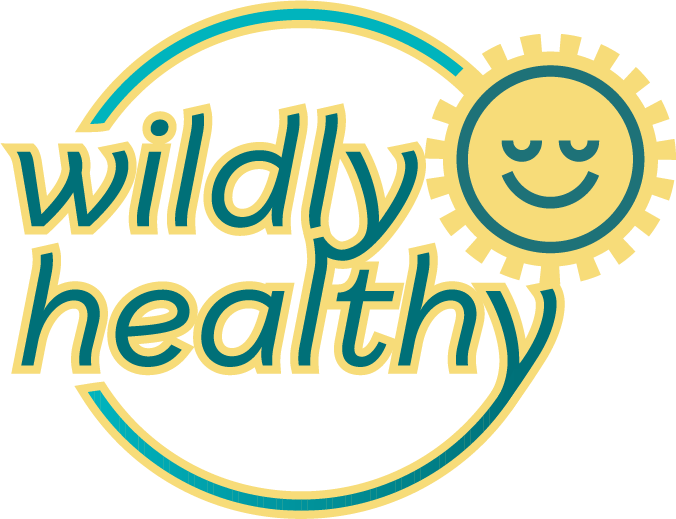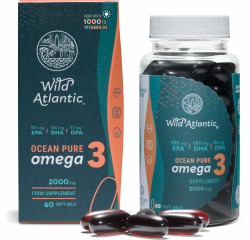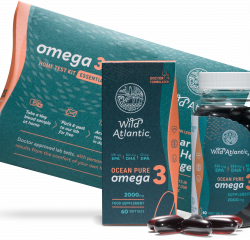Low Testosterone and Vitamin D
Vitamin D, often called the “sunshine vitamin,” is essential for various bodily functions, including bone health, immune system support, and inflammation reduction. Recent research has highlighted its role in regulating testosterone levels, a critical hormone for men’s health. In Ireland, where sunlight exposure is limited, understanding and addressing the relationship between vitamin D and testosterone is particularly important.
The Link Between Vitamin D and Testosterone
Testosterone, the primary male sex hormone, is vital for muscle mass, fat distribution, bone density, and overall male reproductive health. Several studies have shown a significant correlation between low vitamin D levels and reduced testosterone levels. For example, research published in the Journal of Clinical Endocrinology & Metabolism found that men with adequate vitamin D levels had higher testosterone levels than those with a deficiency.
You can measure your vitamin D levels with our easy to use Home Test and then personalise your dose with our Vitamin D Calculator.
How Vitamin D Affects Testosterone
Vitamin D influences testosterone production through several mechanisms:
- Vitamin D receptors (VDR) are present in testicular tissue, suggesting a direct role in testosterone synthesis.
- Vitamin D may reduce levels of sex hormone-binding globulin (SHBG), which binds testosterone and reduces its bioavailability.
- By reducing inflammation and supporting overall health, vitamin D creates a more favourable environment for testosterone production.
Challenges in Ireland
Ireland’s geographical location means fewer sunny days, especially during the winter months, leading to lower natural vitamin D synthesis from sunlight. This deficiency can contribute to lower testosterone levels among men.
What to Do About Low Testosterone and Vitamin D Deficiency
To address low testosterone and vitamin D deficiency, consider the following strategies:
- Maximize Sun Exposure: Aim for short, regular periods of sunlight whenever possible, especially during midday. Even in Ireland, getting outside during sunny days can help.
- Incorporate Vitamin D-Rich Foods: Include foods such as fatty fish (salmon, mackerel), fortified dairy products, and egg yolks in your diet.
- Take Vitamin D Supplements: Given the limited sunlight in Ireland, supplements can be an effective way to maintain adequate vitamin D levels. The recommended daily allowance (RDA) for vitamin D varies, so it’s important to follow guidelines or consult with a healthcare professional for personalized advice.
- Regular Exercise: Physical activity, particularly resistance training, can naturally boost testosterone levels.
- Maintain a Healthy Weight: Obesity can lower testosterone levels, so managing weight through a balanced diet and regular exercise is crucial.
- Manage Stress: High stress levels can negatively impact testosterone. Practices such as mindfulness, meditation, and adequate sleep can help manage stress.
Comparing Vitamin D Sources
| Source | Vitamin D Content | Additional Benefits |
|---|---|---|
| Sunlight | Variable, depending on exposure | Free, natural source |
| Fatty Fish (e.g., salmon, mackerel) | 400-1000 IU per serving | Rich in omega-3 fatty acids |
| Fortified Dairy Products | 100-200 IU per serving | Good source of calcium |
| Egg Yolks | 40 IU per yolk | Contains essential fatty acids and proteins |
| Supplements | 400-5000 IU per dose | Controlled dosage |
For more information on maintaining optimal vitamin D levels and its benefits, explore our articles on The Real Impact of Vitamin D Deficiency and Why Vitamin D Is So Important.
References
[1] Journal of Clinical Endocrinology & Metabolism, “Vitamin D and Testosterone Levels,” 2022.
[2] International Journal of Endocrinology, “The Role of Vitamin D in Male Health,” 2023.





























